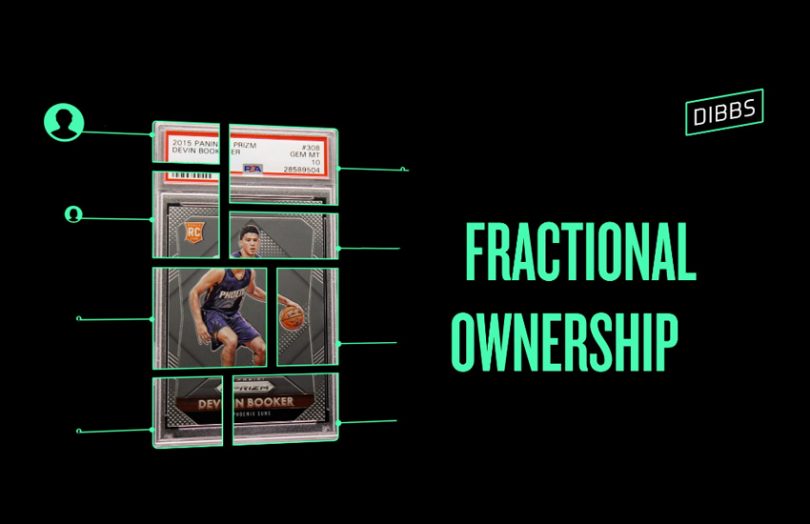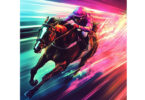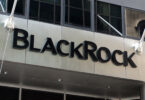Amazon has entered the sports collectibles space through an investment in Dibbs, a startup that created a marketplace for fractional interests in physical sports trading cards. The card is represented by non-fungible tokens (NFTs), which is fractionalized. Details of the investment were not disclosed, but Dibbs raised a $13 million Series A investment in July.
As the market for sports collectibles evolves, the prices of many coveted cards are beyond the reach of the average collector. Dibbs is attempting to solve this through a platform that holds the physical cards in storage and sells fractions of NFTs that can be traded in its marketplace.
The platform emphasizes giving power back to fans. It recently launched a new feature in the marketplace, “Sell with Dibbs”, which enables card owners to sell fractions directly to other users. They have to submit the physical card to Dibbs, which stores it in a vault.
“For too long, the collectibles market has been riddled with barriers to entry that render it inaccessible and inequitable,” said Dibbs founder and CEO Evan Vandenberg. “Traditional ownership has limitations that the emerging metaverse eliminates. Moving these collectibles, which genuinely represent an individual’s online persona, into the digital domain is essential for the future of ownership and identity.”
Dibbs uses the Ethereum, Flow and WAX blockchains to conduct transactions.
Despite the growth in digital sports collectibles in the past year, NFT ownership is still somewhat abstract. For some people not engaged in blockchain and crypto it is hard to sell the concept of spending money on a screen image. In contrast, Dibbs is selling a share in a physical item.
There is one potential legal issue on the horizon. Hester Peirce, the crypto-friendly Commissioner at the Securities and Exchange Commission who has been dubbed as CryptoMom, was recently asked whether NFTs are securities. She responded that plain vanilla collectibles without revenue earning potential are not. However, she warned that one must be careful about fractional ownership, which could be perceived as converting the NFT into a security.
Peirce talked about fractionalizing an item that is already an NFT. It’s unclear whether the Peirce scenario applies to Dibbs. This is how Dibbs described its use of NFTs: “Physical assets available on Dibbs are assigned NFTs that are then fractionalized on blockchains including Ethereum, Flow, and WAX, with smart contracts defining ownership and other rights.”
Meanwhile, an array of sports NFT platforms are developing new functionality around NFTs. SportsIcon launched its platform with documentary-like NFTs, GreenPark is looking to use NFTs for social gaming, and DraftKings will launch digital fantasy football with the NFLPA.






